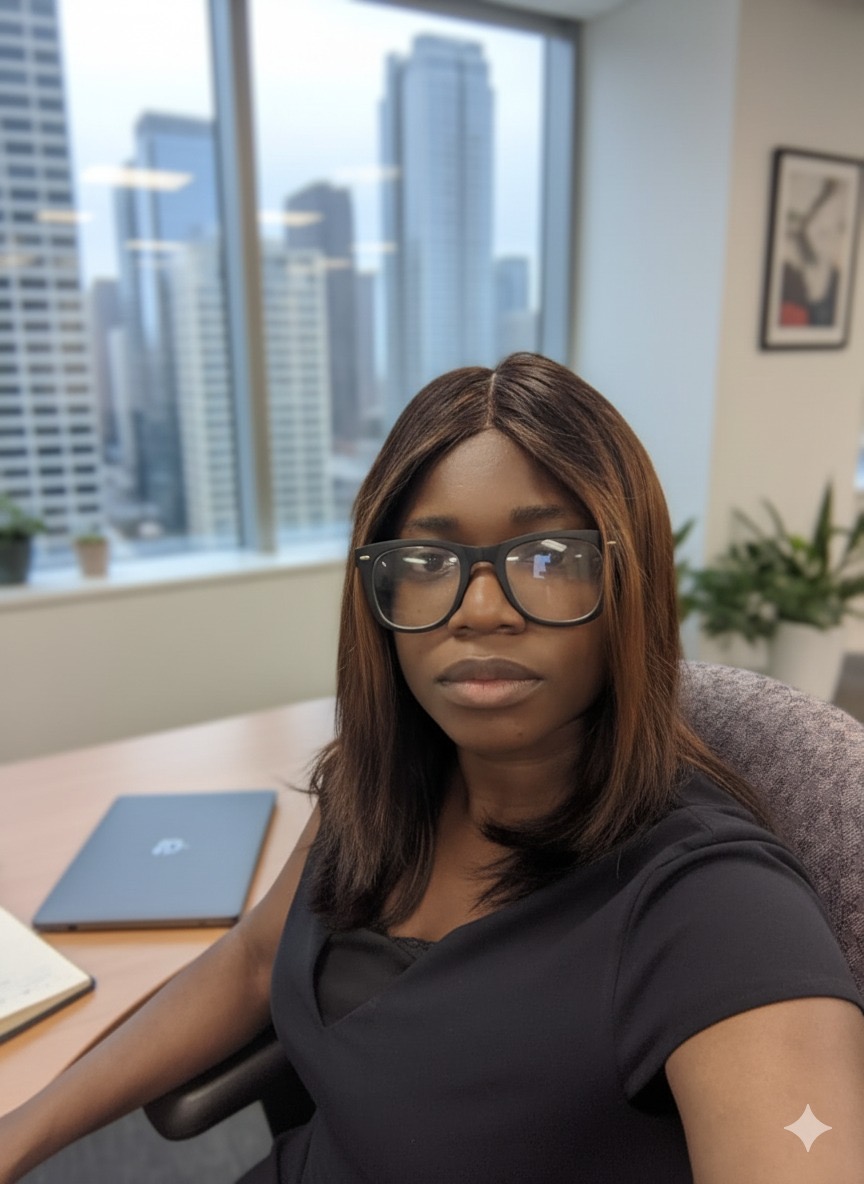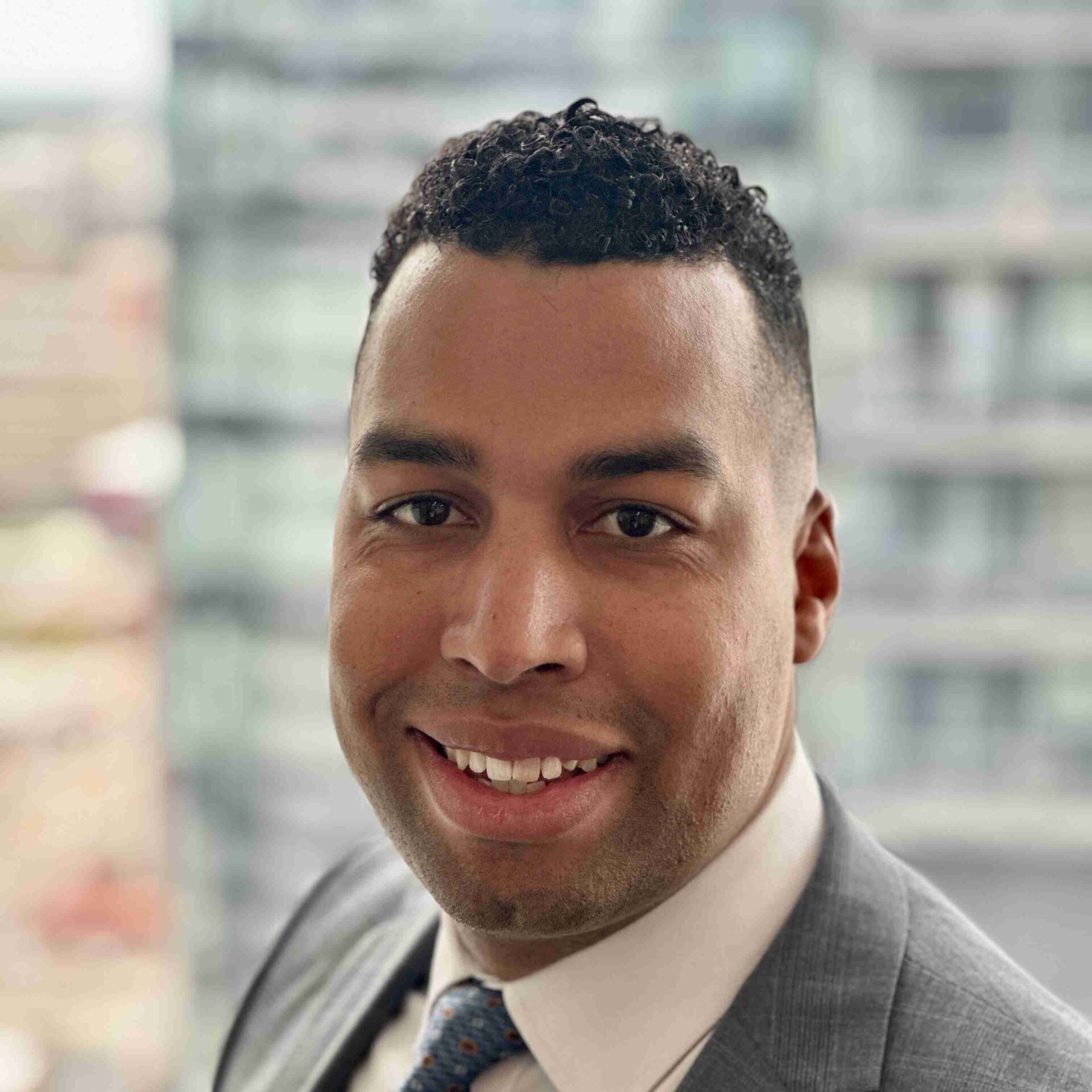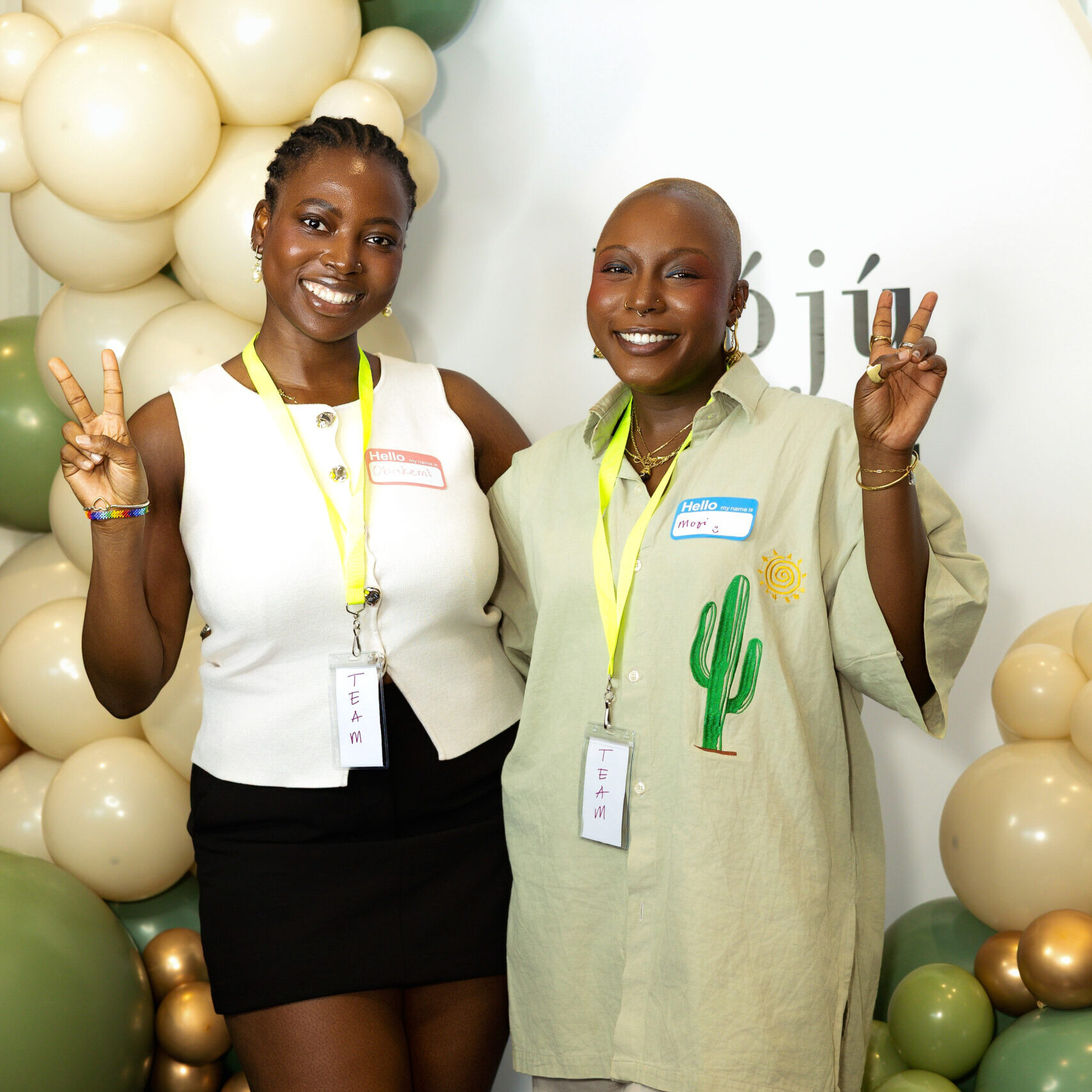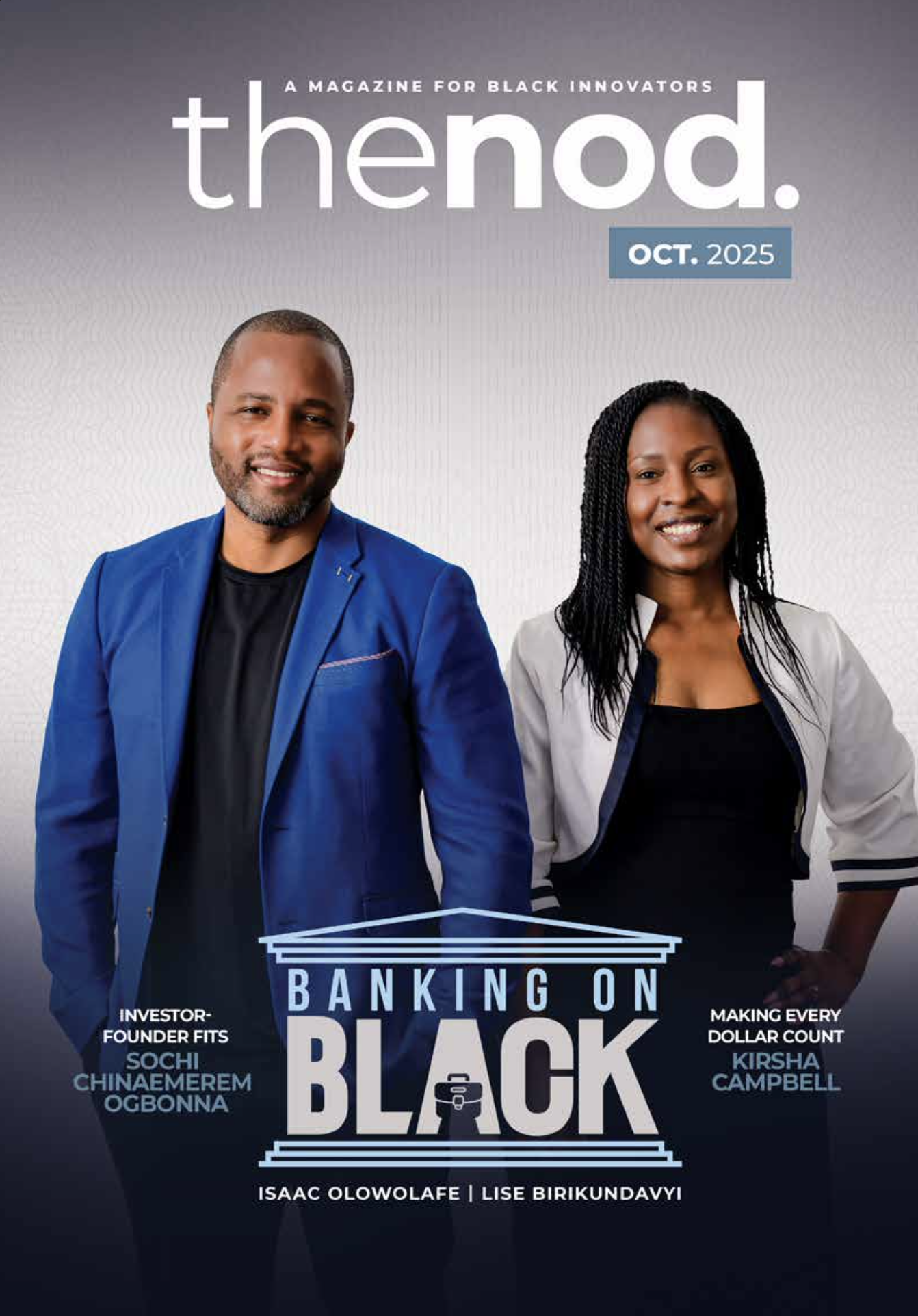Itoju Mentoring was born from the shared experience of navigating life as young African international students in Canada. We remember the isolation, the weight of expectations, and the invisible rules that no one explained. For many of us, even having family nearby didn’t shield us from the gaps; gaps in support, connection, and culturally grounded guidance. The structures meant to help us often felt impersonal or inaccessible.
These personal journeys, coupled with our professional backgrounds in higher education, immigration studies, and financial technology, helped us see that support for African international students couldn’t just be institutional; it had to be community-based. Itoju Mentoring emerged as a response to that need: a culturally responsive mentorship program built by and for African international students.
Mentorship as a Bridge
Itoju Mentoring serves as a dynamic ecosystem rooted in care, connection, and culturally grounded support, created to walk alongside international students throughout their journey. Mentorship, for us, is a way to close information gaps, foster belonging, and provide a soft place to land. It offers a reference point in a sea of uncertainty; a chance to learn from someone who’s been there.
Through Itoju Mentoring, students not only get matched with mentors, but they also join a supportive network of peers, former international students, and professionals who understand their journey. We’ve created spaces for peer mentorship, collective learning, and honest reflection, helping mentees feel seen, supported, and empowered.
For Black professionals considering mentorship, we can say this: the impact isn’t just for the mentees. It’s a full-circle moment, an opportunity to reflect on your journey, share what you’ve learnt, and witness the growth of someone who sees themselves in you. Mentorship through Itoju is also an act of collective memory. It allows us to turn our hard-earned lessons into hope for someone else. It invites healing, connection, and joy. It reminds all of us that our stories matter.
Filling Structural Gaps with Community-Centred Design
In Canada, many support systems for international students are overburdened and underfunded. Worse, they’re often built with a one-size-fits-all approach that fails to consider the nuanced realities of being Black, African, and international. Itoju fills in the gaps that institutions overlook: emotional support, cultural affirmation, insider knowledge, and even financial stipends.
We focus on:
- Culturally relevant mentorship: Led by former and upper year international students who share similar lived experiences.
- Practical knowledge sharing: From housing, navigating post secondary academics, and job hunting to navigating immigration policies and scholarships.
- Financial support: We offer $500 stipends to each engaged student because we understand the economic realities they face.
- Emotional grounding: Through group sessions, check-ins, and culturally affirming content, we help mentees build confidence and resilience.
Mentorship, when rooted in community care, takes on new meaning, and Itoju reclaims that vision by offering an approach shaped by lived experience, collective support, and intentional connection.
Centring Culture in Curriculum
Our mentorship curriculum blends the practical with the emotional. We focus on topics that matter: academic success, immigration navigation, wellness, and community building. Monthly live sessions feature Black professionals and former international students who share both expertise and lived experience.
We open our sessions with reflection prompts, storytelling, and connection-building. We create space for joy, vulnerability, and the fullness of identity. Our mentors are trained in anti-oppressive and trauma-informed practices, and every mentoring relationship begins with a shared agreement to foster mutual understanding, autonomy, and respect.
What sets Itoju apart is our commitment to culturally responsive design. We centre the mentee’s autonomy, support mentors in their leadership, and facilitate peer-to-peer exchange. The work we do goes beyond professional development; it nurtures collective healing and drives meaningful transformation within our communities.
Iterating with Intention
We’re building with intention: guided by purpose, grounded in listening, and shaped by the voices of those we serve. When we launched our pilot, we learnt quickly that engagement needs both structure and flexibility. We shifted from email to WhatsApp to improve communication, added regular check-ins to better support mentoring pairs, and refined our programming based on what mentees told us they needed.
We’ve also worked to bridge the gap between former and current international students by collaborating with student clubs and associations to expand our reach. Every challenge has been met with a willingness to listen and evolve.
Redefining Success
At Itoju, success is reflected in how empowered our students feel, the confidence they gain, and the sense of belonging they carry as they navigate life in Canada. We measure it by how empowered our mentees feel when they advocate for themselves, find community, or simply realize they’re not alone.
We’ve seen mentees stand up for their needs, secure promising job placements, navigate complex systems with more confidence, and name the support they require. Even helping someone feel more hopeful and equipped is a win. We’re building internal strength, not just external outcomes.
Sustaining the Vision with Community
Itoju is shaped by our belief that programming should be designed with, not just for, the communities it serves. Our team is made up of former and current international students. Their lived experience drives every decision, from curriculum to mentorship matching. We lean into collaboration with students, clubs, mentors, and partners to build something responsive and real.
As we grow, we continue to anchor our work in advocacy. The stories and data we gather inform how we push for better policies, funding, and support systems for international students in Canada.
Itoju is a vision for what’s possible when care, culture, and community come together to build a pipeline of support, representation, and opportunity. We’re just getting started, but we know this is the kind of future we needed back then, and it’s the one we’re proud to be building now.













